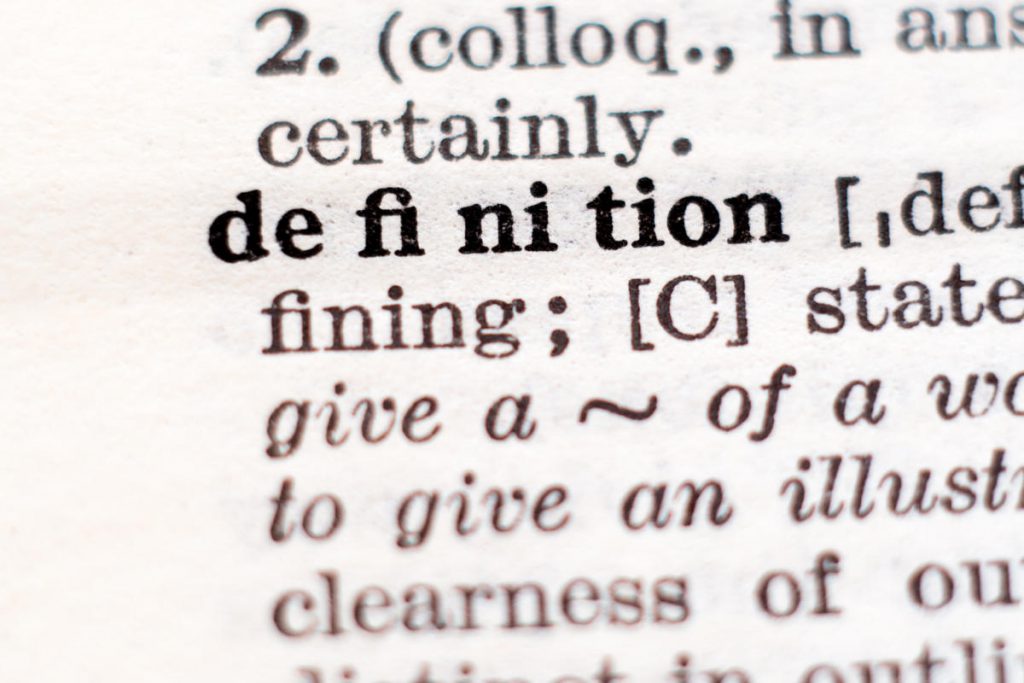
At Hoffman Divorce Strategies, we help clients who lack clarity on their financial future to be able to see and plan for their success.
Whether our client is an individual getting a divorce or a law firm, our work often times involves clearing up what certain financial terms mean as they pertain to divorce. Here are some financial terms we often are asked about at Hoffman Divorce Strategies.
Financial Affidavit:
When filing for divorce, each spouse must give a signed record of his or her financial information to the court, which uses it to make informed decisions about child support, alimony, and legal fees.
Common Law Marriage:
The duration required to qualify for a common law marriage varies among the states that recognize them, but all require that the couple has been living together for a certain period of time and holds themselves out to friends, family and the community as “being married,” even though they never go through a formal ceremony or get a marriage license. Common law marriages require a divorce or the death of one spouse to legally terminate.
COBRA:
The Consolidated Omnibus Budget Reconciliation Act law allows an ex-spouse to continue to receive health insurance benefits from an ex-spouse’s employer for up to three years after the divorce.
Rehabilitative Maintenance:
Rehabilitative maintenance is when the spouse with the higher income temporarily provides financial support for the lower-income spouse, until a reasonable time has passed as decided by the court.
QDRO:
A Qualified Domestic Relations Order (QDRO) is a court-ordered retirement plan that states how pensions, 401(k)s and IRAs should be split. It also includes information as to when each spouse can start collecting benefits and what happens if either party dies.
Community Property State:
Any marital property not ruled as “separate” (as in, previously owned or obtained as a gift or inheritance) belongs to the “community” and will therefore be subject to a 50/50 split. Currently, there are eight states with community property laws: Arizona, California, Idaho, Louisiana, Nevada, New Mexico, Texas and Washington.
Equitable Distribution State:
The remaining 42 states that are not community property states have equitable distribution, meaning that property is divided based on factors including the length of the marriage and differences in age, wealth, and earning potential.